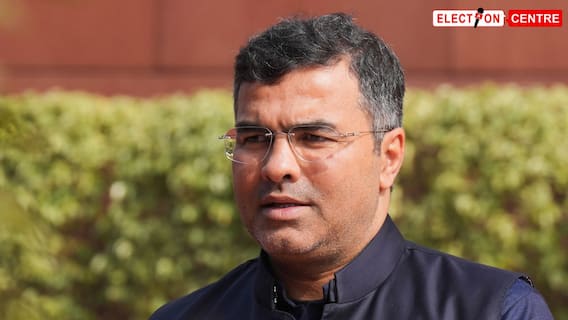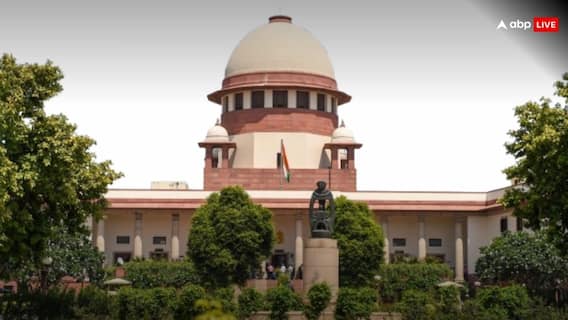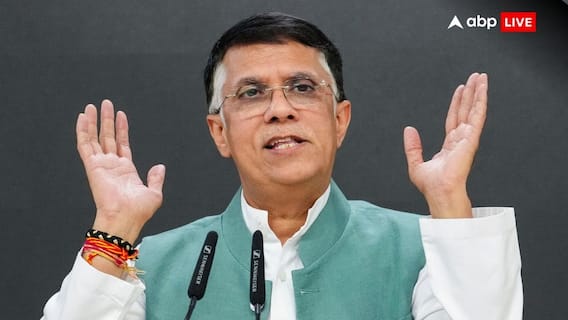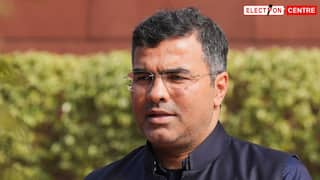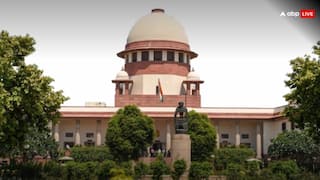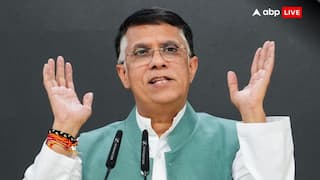'We Are All Chinese': Former Taiwan President Ma Ying-Jeou During China Visit
Ma Ying-jeou is the first former or current Taiwanese president to visit China since the defeated Republic of China government fled to Taiwan in 1949.

During his historic visit to China, former Taiwan President Ma Ying-jeou on Tuesday said that people on both sides of the Taiwan Strait were ethnically Chinese and share the same ancestor, Reuters reported.
Ma, as quoted by Reuters, said, "People on both sides of the Taiwan Strait are Chinese people, and are both descendants of the Yan and Yellow Emperors."
Descendants of the Yan and Yellow Emperors is an expression referring to a common ancestor for Chinese people.
The remarks come amid heightened tensions between Taiwan and China. China has never recognised the existence of Taiwan as an independent political entity, arguing that it was always a Chinese province.
READ | China Looking To Replace US As Global Net Security Provider: Army Chief General Manoj Pande
Ma's visit to China has been severly criticised by Taiwan's ruling party. Ma, who served as Taiwan President from 2008-2016, is the first former or current Taiwanese president to visit China since the defeated Republic of China government fled to Taiwan in 1949 at the end of a civil war with the Communists, Reuters reported.
In the eastern Chinese city of Nanjing at the Sun Yat-sen Mausoleum, Ma praised Sun's contributions in overthrowing the last Chinese emperor in 1911. Sun is officially still considered the father of the Republic of China, which remains Taiwan's official name.
The Communist Party has often praised the Sun for overthrowing the Qing dynasty, even though Beijing and Taipei do not recognise each other officially.
His current visit comes in the hopes of reducing tensions between both countries.
Ma said, "We sincerely hope that the two sides will work together to pursue peace, avoid war, and strive to revitalise China," as reported by Reuters.
However, Taiwan President Tsai Ing-wen has been in repeated talks with China over peace agreements. But Beijing has maintained its position of considering her a separatist.
Trending News
Top Headlines







